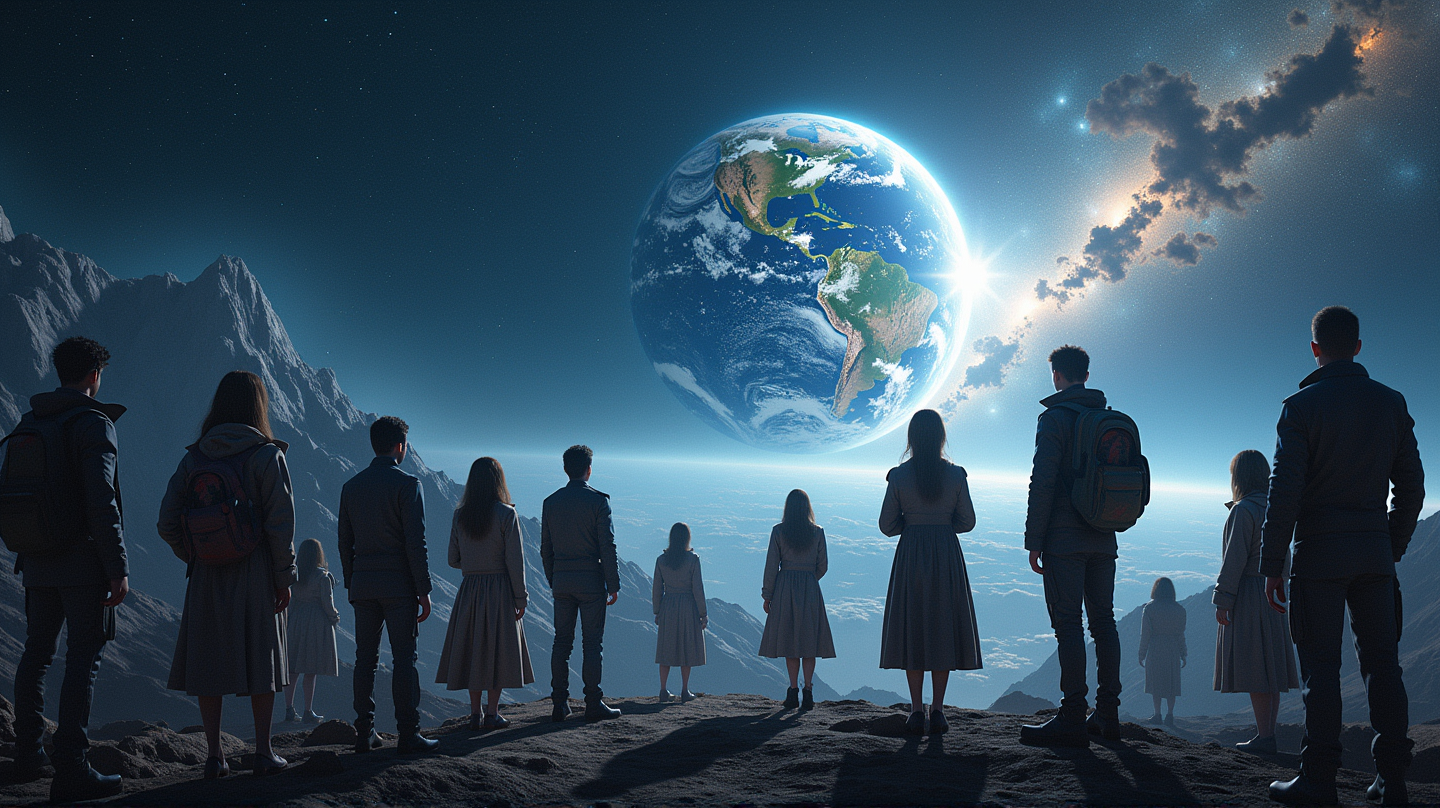Gayle King Blasts Critics: Is Space the Final Playground for the Elite?
Gayle King's space trip sparks debate over privatized space travel and the socioeconomic divide it highlights.

A Joyride Among the Stars
As the world struggles with overwhelming issues of democracy, inequality, and environmental crises, Gayle King’s 11-minute leap into space has sparked a larger conversation. On April 14, Gayle, alongside pop star Katy Perry and Jeff Bezos’ fiancée, Lauren Sánchez, were among the first all-female crew to embark on Blue Origin’s luxury space tour. It was supposed to be a historic moment, but it instead became a symbol of space tourism overshadowed by the glaring socio-economic divide.
Space or Earth? Choose Your Battle
While King reached the stars, millions remained grounded by the harsh realities of Earth. The 11th human flight by Blue Origin brought attention to the dichotomy between noble explorations and social neglect. King’s profound reflections, however sincere, don’t erase the stark reminder that space is becoming the new playground for the elite. The pressing question remains: Who benefits from privatized space travel while the majority struggle to meet life’s basics?
Debris, Orbit, and Our Future
Critics point not only to the crass inequality but to the perilous implications of crowded lower Earth orbits filled with space debris. With over 30,000 tracked objects cluttering our skies, fears grow of reaching a tipping point where collisions render orbit unusable. According to MadameNoire, even as Blue Origin promises a future where space is for all, the price tag keeps it out of reach for all but a few.
The Reality of Privatization
The Trump-era push for privatization has brought us to this point, transitioning space from a public frontier to an exclusive getaway. The facade of scientific advancement often hides the reality: an escape meant for the few with means to afford it. King argues that each space flight garners valuable data, yet it’s shrouded in vagueness, a testament perhaps more to elite indulgence than genuine exploration.
The Economic Divide in Orbit
Blue Origin’s mission claims to build a “road to space for all,” but currently, it functions more like a toll road for billionaires. As King’s critics voice their discontent, the discussion shifts back to those left behind on Earth—struggling to ‘do better’ while the cosmos is transformed into an exclusive market playground.
In casting a spotlight on the potentials of space tourism, Gayle King inadvertently underscores a momentous societal conversation: who gets to experience outer space, and at what cost? The essence of human spirit may yearn to explore, but it’s bound by the terrestrial realities of inequality until access truly becomes universal.

